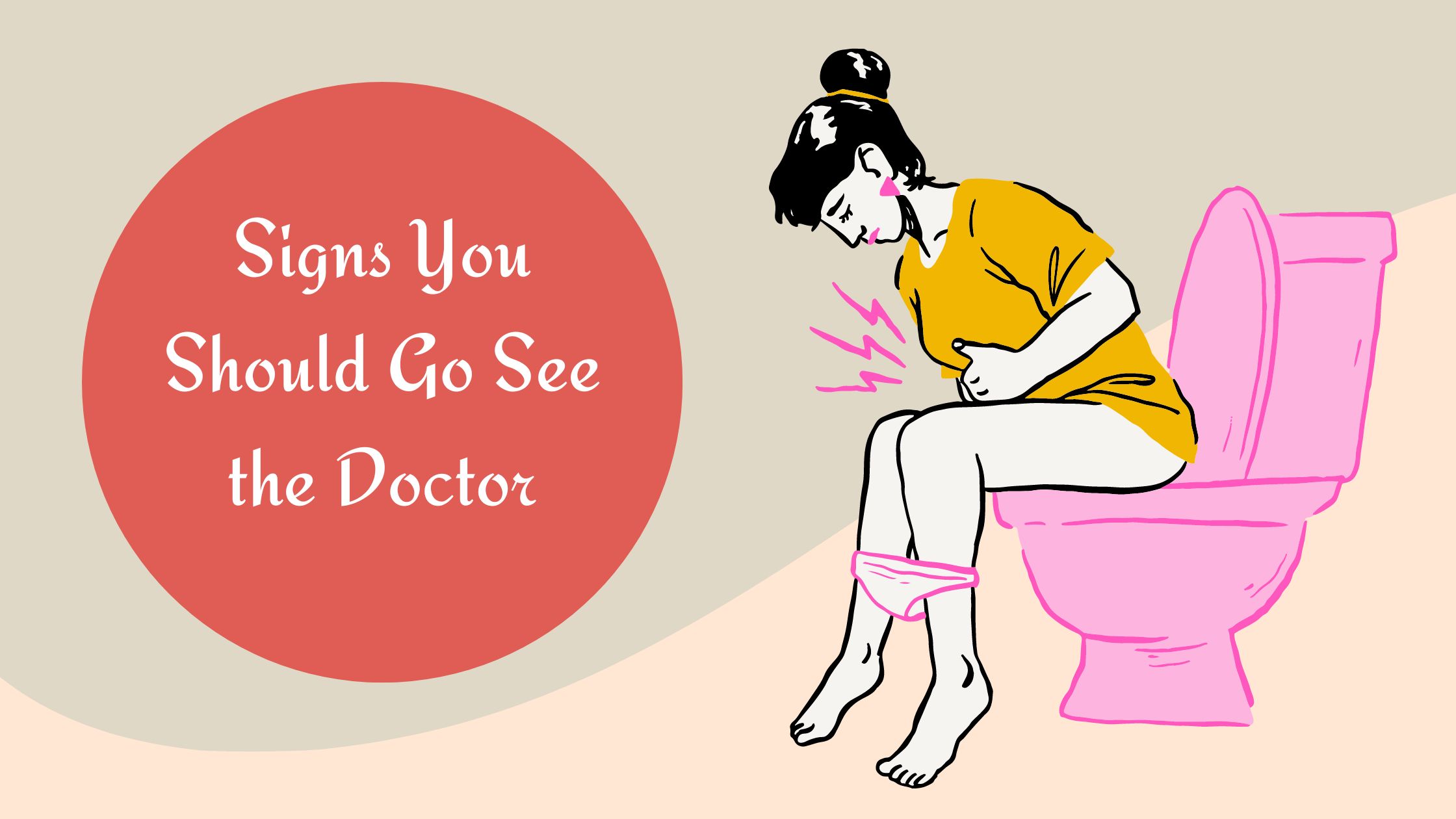5 Signs You Might Be Headed for a Heart Attack
Heart attacks are a big problem and happen a lot—According to the Centers for Disease Control and Prevention (CDC), about every 40 seconds in the U.S. every year. That’s around 805,000 heart attacks every year! And about 1 in 5 heart attacks happens silently, meaning the person doesn’t even realize it’s happening. Knowing the warning signs is really important because it can help you get help in time and maybe stop a heart attack from happening. Here are five important signs to watch for.

1. Unusual Chest Discomfort
Chest pain is often the most obvious sign that something might be off with your heart. Many patients describe this feeling as pressure, tightness, or a squeezing sensation in the center of the chest. Sometimes, the pain may spread to the arms, neck, or back. This discomfort might come and go, so it is easy to think it is just heartburn or muscle strain. But if you notice any persistent or unusual chest pressure, talk with your healthcare provider. This kind of pain can be a major warning that your heart is not getting enough oxygen.
One detail you should remember: not all chest pains signal a heart attack. For example, heartburn or a pulled muscle in the chest area can also cause pain. However, it is better to be safe than sorry. If in doubt, call for help.
2. Shortness of Breath
Have you ever walked up a flight of stairs and felt unusually winded or as though you ran a 100-meter race? When your heart struggles, one common signal is shortness of breath. It might happen even when you are resting or only doing light exercise. This symptom often indicates your heart is not pumping blood as effectively as it should, which can leave your body’s tissues starved for oxygen.
Sometimes, shortness of breath shows up alongside chest discomfort. It can also occur on its own. If this feeling becomes a constant hassle or worsens, it is time to see your healthcare provider. They can examine your heart and lungs to find the root of the problem.
3. Excessive Sweating
Sweating may be a normal reaction to hot weather or hard work, but sudden and extreme sweating, especially when paired with other symptoms, might point to trouble with your heart. People sometimes notice cold, clammy skin or sweat that seems to appear out of nowhere. This kind of sweat can be triggered by the body’s effort to cope with stress or pain.
If you break into a cold sweat while simply sitting down or performing a mild task, it is important to pay attention. Some people even wake up in the night drenched in sweat. Such unexplained sweating might be a red flag, so reach out to a medical professional if you experience it often or along with other warning signs.
4. Nausea or Lightheadedness
A heart in distress can affect your digestive system as well. This may sound strange, but many people who have heart attacks first notice queasiness, vomiting, or lightheadedness. Sometimes, they may feel faint or dizzy. Why does this happen? When the heart is not working well, blood flow throughout the body may drop. Your brain, digestive system, and other organs might not receive as much oxygen or nutrients as they need, which can lead to these uncomfortable sensations.
If you find yourself feeling sick to your stomach regularly or nearly fainting for no clear reason, pay attention. It could be related to a heart problem, and a professional evaluation would be the best next step.
5. Pain in the Neck, Jaw, or Shoulder
You might be surprised to learn that heart-related discomfort can spread beyond the chest. Sometimes, pain or tension begins in the neck, jaw, or shoulder area. This can confuse people, who may think they have a simple toothache, tense muscles, or a sore throat. However, if the pain is persistent, unexplained, or shows up along with other heart-attack signs, it may be wise to have a closer look.
This type of radiating pain is linked to the nerves around the heart, which can sometimes carry pain signals to nearby areas in the upper body. If you suspect that your pain is coming from your heart rather than just a muscle strain, do not ignore it.
If any of these five warning signs show up, it is crucial to pay close attention and seek medical help just to be safe.
Prevention Tips
While knowing the warning signs is essential, preventing a heart attack in the first place is even better. Here are some steps you can take to keep your heart healthy:
- Eat a heart-healthy diet. Focus on fruits, vegetables, whole grains, lean proteins, and healthy fats.
- Stay active. Aim for at least 30 minutes of moderate exercise most days of the week.
- Quit smoking. Smoking damages your arteries and significantly raises your risk of heart disease.
- Manage stress. Chronic stress can take a toll on your heart, so find ways to relax and unwind.
- Know your numbers. Keep track of your blood pressure, cholesterol, and blood sugar levels, and work with your doctor to address any concerns.






